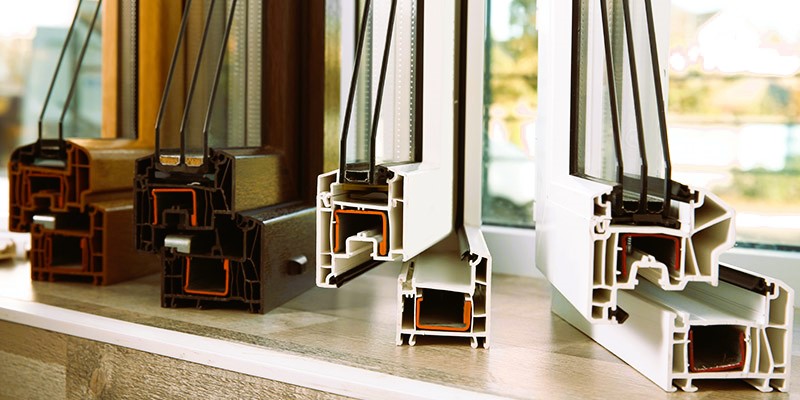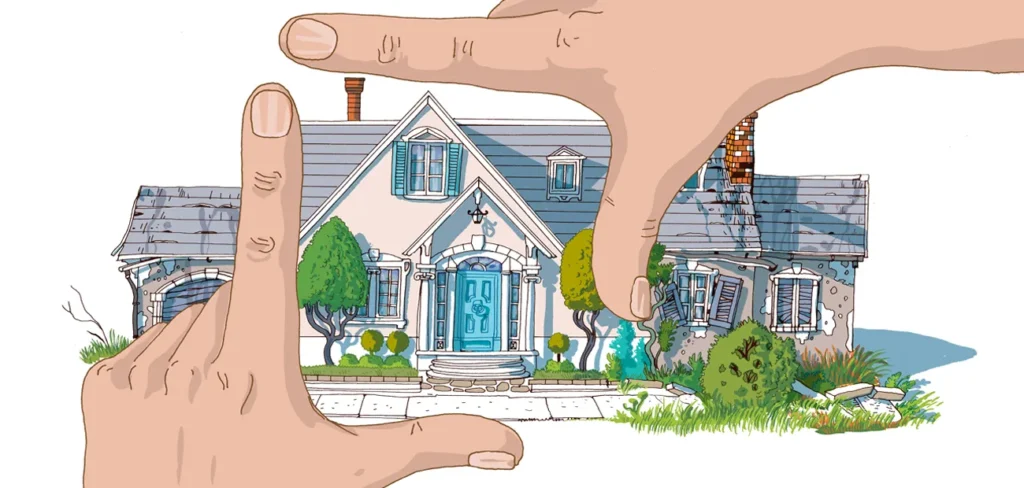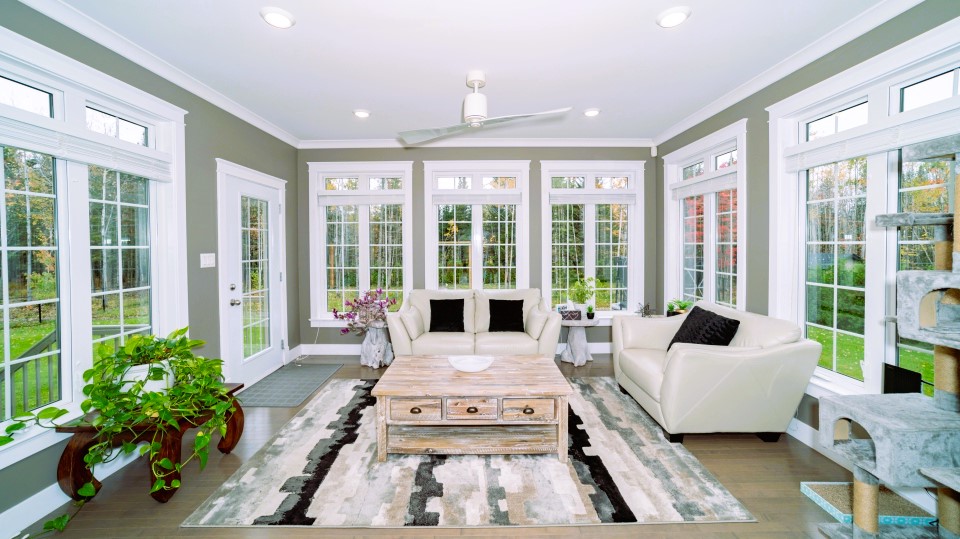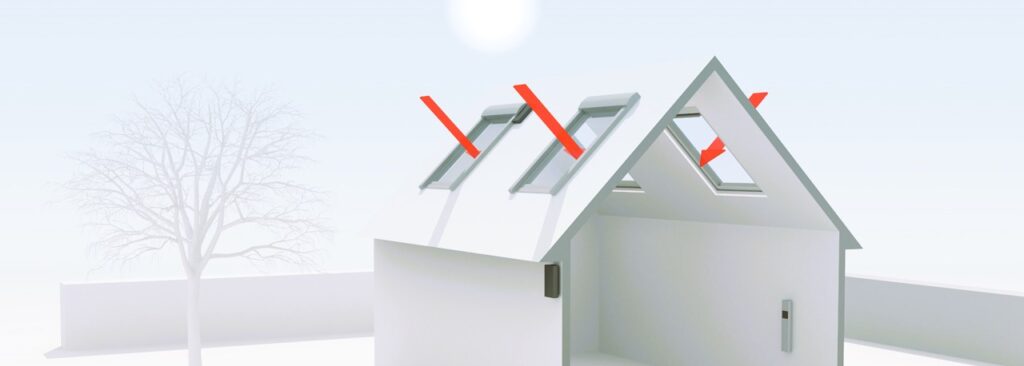When it comes to selecting windows for your home, one of the crucial decisions you need to make is choosing the right window frame material. Window frames play a significant role in the overall performance, durability, and aesthetic appeal of your windows. With a wide range of options available, each with its own set of advantages and disadvantages, it’s important to understand the pros and cons of different window frame materials. In this article, we will explore popular window frame materials, including wood, vinyl, aluminum, and fiberglass, to help you make an informed decision based on your specific needs and preferences.
- Wood Window Frames
Wood has been a traditional and timeless choice for window frames. We will discuss the unique benefits of wood frames, including their natural beauty, insulation properties, and customization options. However, we will also highlight the potential drawbacks, such as higher maintenance requirements, susceptibility to rot and pests, and higher initial costs.
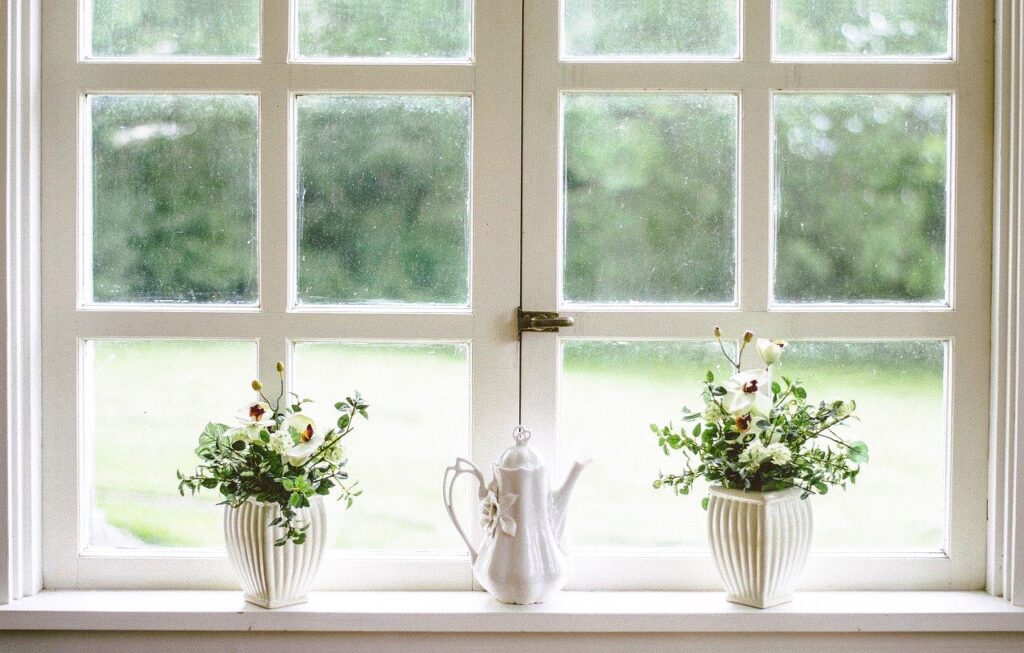
- Vinyl Window Frames
Vinyl window frames have gained popularity due to their affordability and low maintenance requirements. We will explore the advantages of vinyl frames, including their durability, energy efficiency, and resistance to rot and pests. However, we will also address the limitations of vinyl frames, such as their limited color options, potential for expansion and contraction in extreme temperatures, and relatively shorter lifespan compared to other materials. Natural ventilation through windows, more in this article.
- Aluminum Window Frames
Aluminum frames offer unique characteristics that make them suitable for certain applications. We will discuss the benefits of aluminum frames, including their strength, slim profiles, and resistance to corrosion. Additionally, we will address the potential drawbacks, such as poor insulation properties, condensation issues, and the possibility of thermal bridging.
- Fiberglass Window Frames
Fiberglass window frames have gained popularity for their durability and versatility. We will explore the advantages of fiberglass frames, including their strength, low maintenance requirements, and excellent insulation properties. We will also discuss potential drawbacks, such as higher initial costs and limited availability compared to other materials.
- Comparison and Considerations
In this section, we will provide a comprehensive comparison of the different window frame materials, considering factors such as cost, maintenance, energy efficiency, aesthetics, and durability. We will emphasize the importance of considering your specific needs, climate conditions, budget, and long-term goals when selecting the right window frame material for your home.
- Additional Considerations
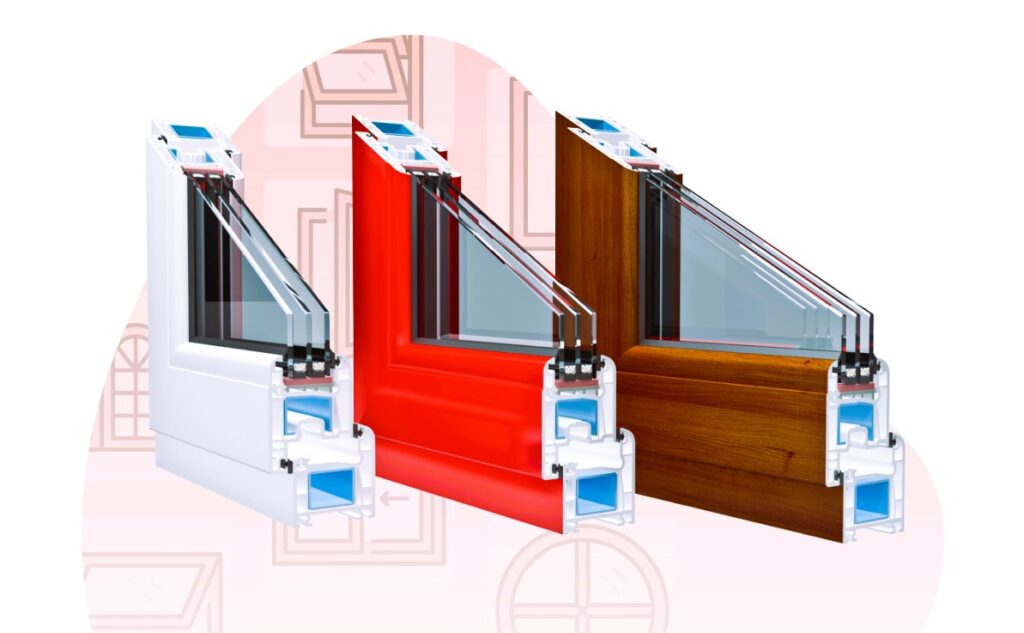
Apart from the primary frame materials discussed above, there are other factors to consider when choosing windows, such as the type of glazing, hardware options, and soundproofing capabilities. We will briefly touch upon these considerations and how they can impact the overall performance and functionality of your windows.
Conclusion
Selecting the right window frame material is a crucial decision that affects the performance, appearance, and long-term satisfaction of your windows. Wood, vinyl, aluminum, and fiberglass are popular choices, each with its own set of advantages and disadvantages. By understanding the pros and cons of different window frame materials and considering factors such as cost, maintenance, energy efficiency, and aesthetics, you can make an informed decision that aligns with your specific needs and preferences. Remember to assess your priorities, climate conditions, and long-term goals to choose the window frame material that will provide durability, energy efficiency, and enhance the overall beauty of your home.

